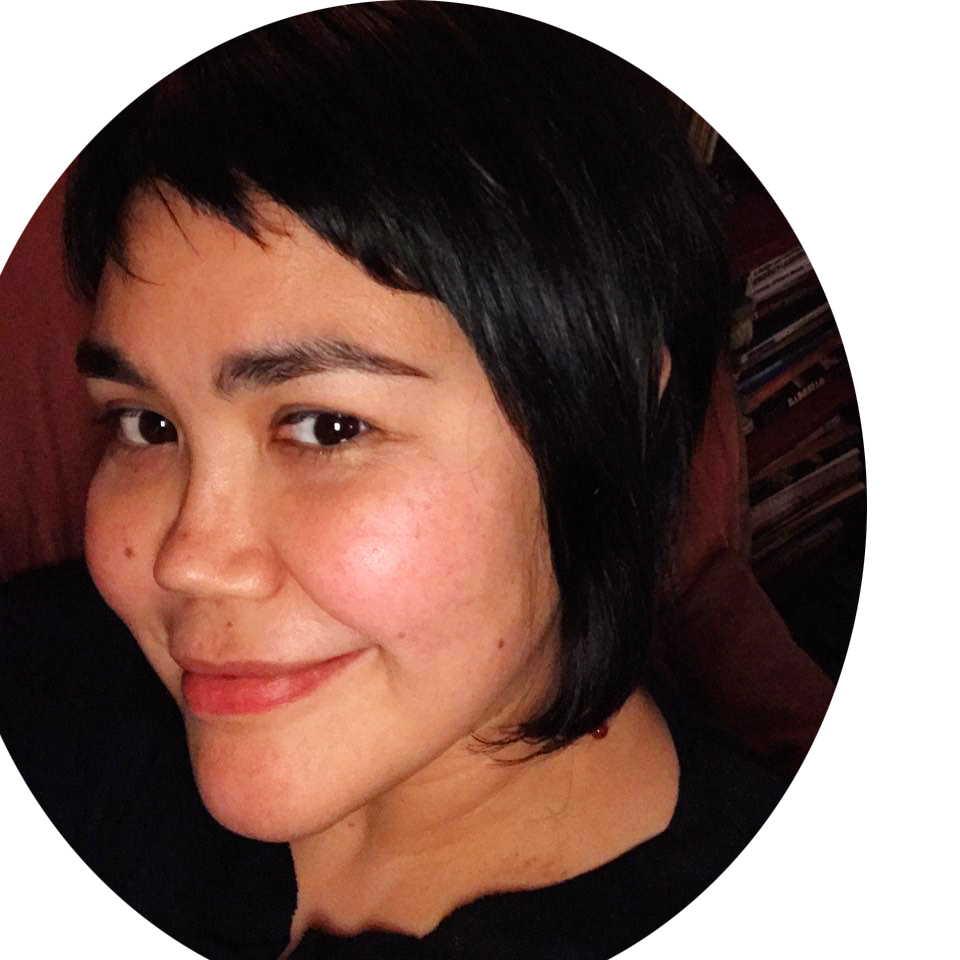Representation Matters: Dolls For Diversity


Becca Lou Yur’acung’ Frenzl is Yup’ik and grew up between Qaluyaat (Nelson Island) and the Interior, on Tanana land. She lives with her two young sons, Milo and Felix, and loves to read about Yup’ik culture and social justice. She hopes to keep advocating for mental health awareness and Indigenous rights.
We live in a world of breathtaking diversity.
Diversity IS strength. From a biological standpoint, the more diverse the population of organisms, the more adaptable and more likely it is to overcome environmental challenges.
From a humanitarian perspective, the more diverse a body of people, the more creative, flexible, and innovative its collective approach to progress can be.
Cultures around the globe produce textures and rhythms to people’s lives that are fully immersive, composed of stacks of generations, each unique to a region, each rich in meaning. Humankind is a shifting mosaic of peoples, many with histories that reach so much farther back than a handful of centuries. What it is to be human—as universal as we may assume the notion to be—often looks, sounds, tastes, smells, and feels different, depending on where one is born and raised.
Now imagine the homogenization of such rich diversity. Imagine the erasure of different backgrounds, lived experiences, values, skin tones. That seems like an unthinkable loss, doesn’t it? And yet for generations, children in the U.S. have endured a fairly steady lack of representational diversity when it comes to playthings, entertainment, and educational material. Fortunately, in recent years, that tendency has begun to shift.
We have a complex duty to do right by the melting pot we pride ourselves on being—not everyone has entered the melting pot on their own terms. Racial disparities and injustices are woven throughout the history of this country and continue to negatively impact children and their families to this day, as do disparities based on gender, ability, class, and orientation. That is why it is as important as ever to provide opportunities for representation to all children. Erasure of identity, internalized bias, a sense of being unseen and unheard—these are all phenomena that marginalized children are at risk of experiencing, should they grow up in an environment devoid of their own reflection. Children who grow up with these harms can become more susceptible to unjust policies as adults. BUT, the more they believe in themselves—the more they SEE that they matter enough to be depicted in the culture around them—the better these children can learn to advocate for themselves and for each other, and the better their young allies can learn to uphold them as equal. Giving our children the right availability of diverse options is one way to cultivate supportive communities, one way we can enrich each other’s experience of what it means to be human. Diversity is strength—thanks to all of you who choose to honor it.
